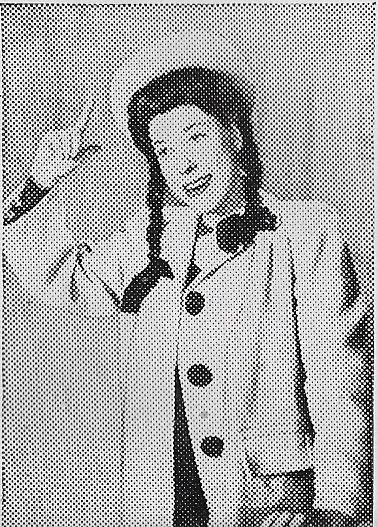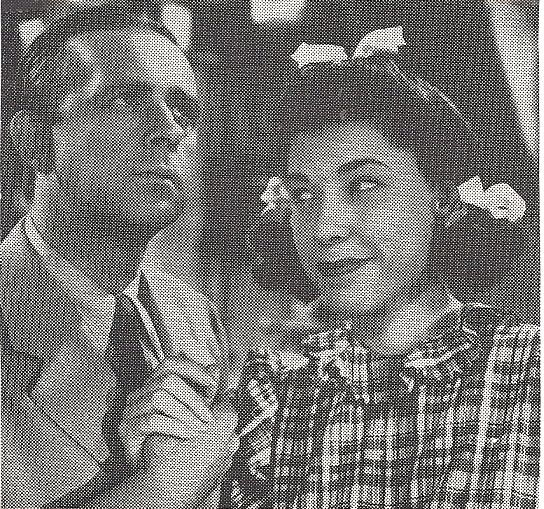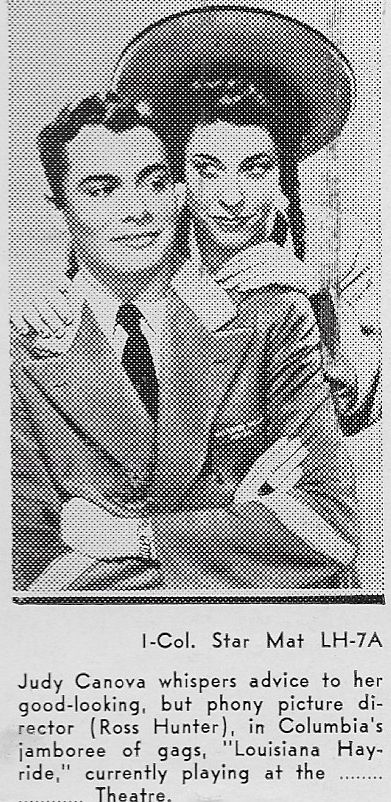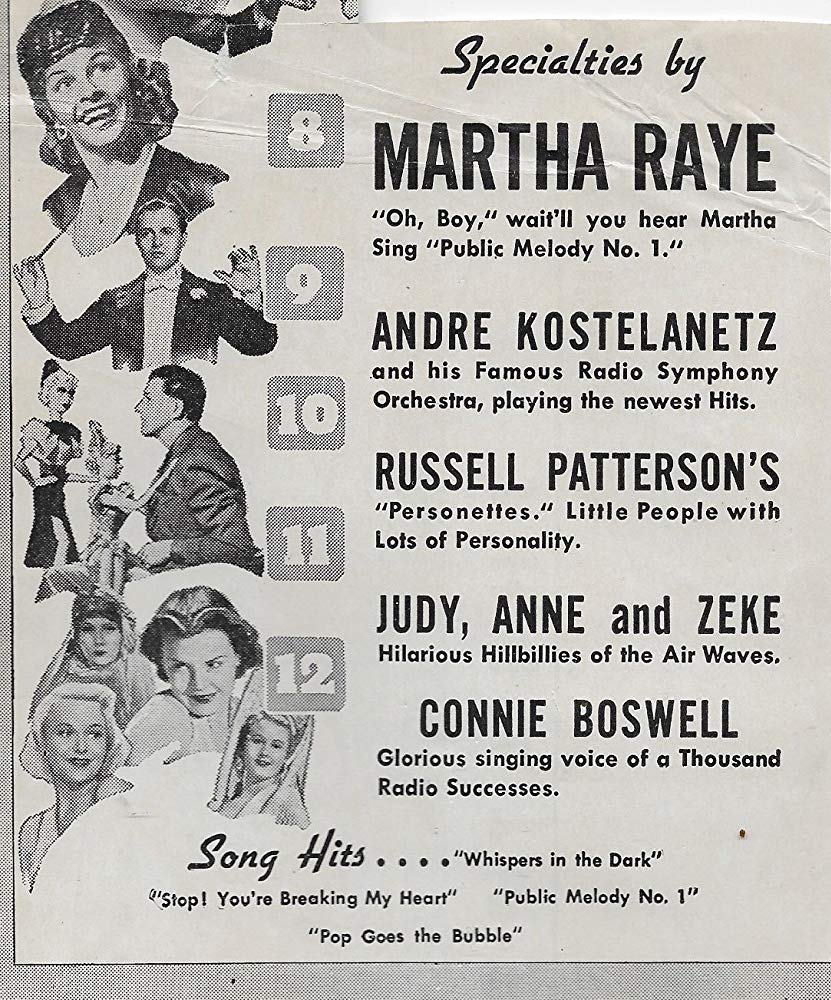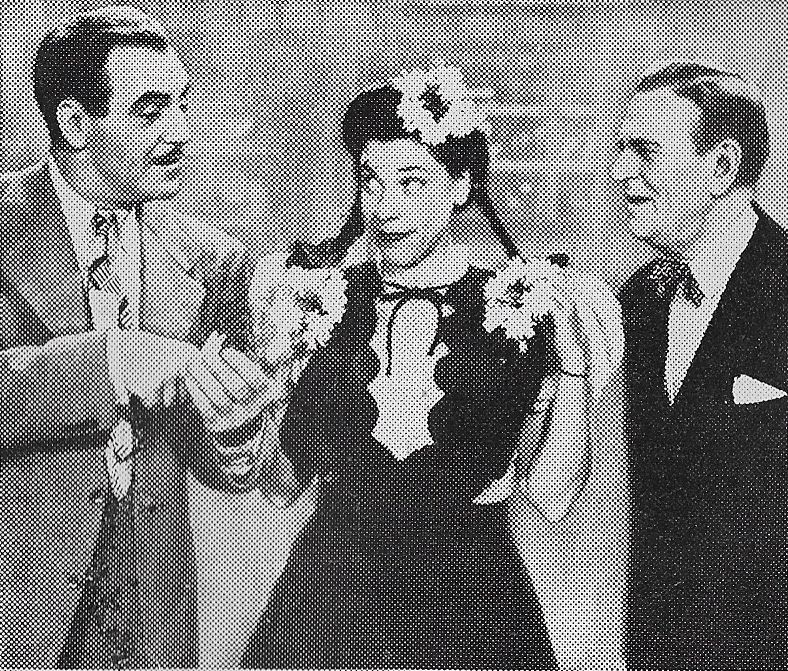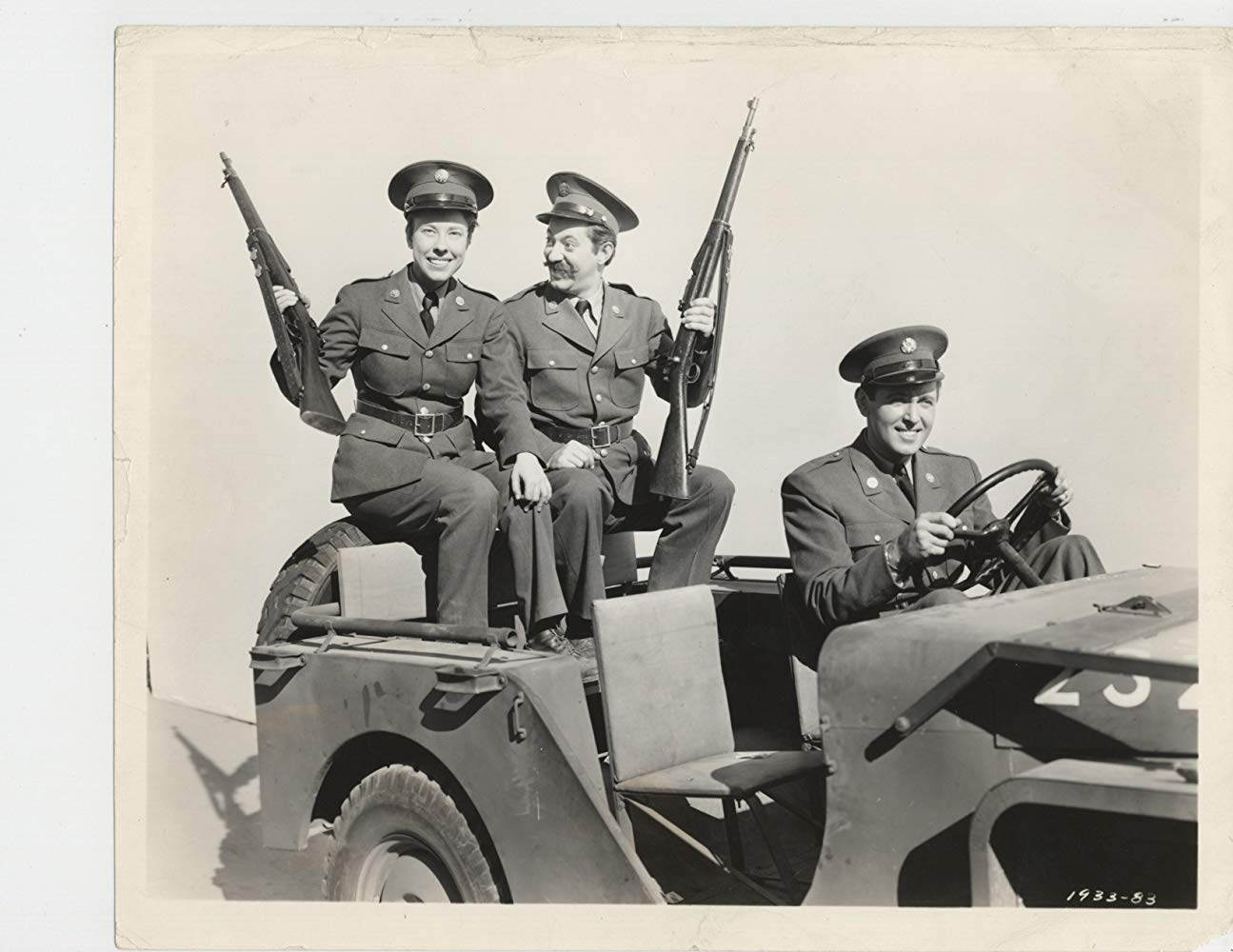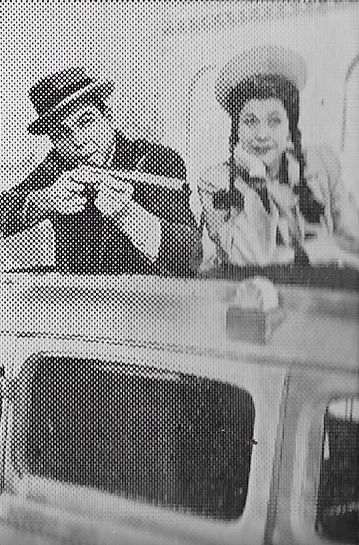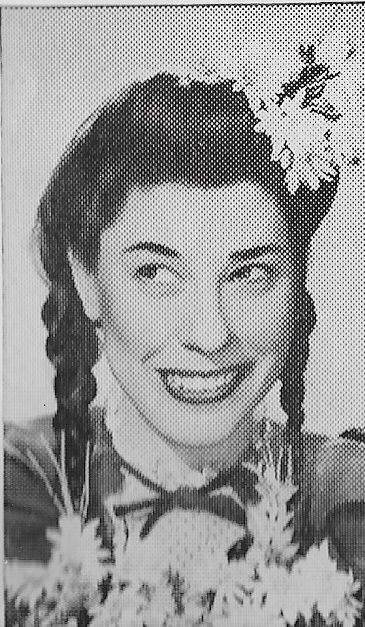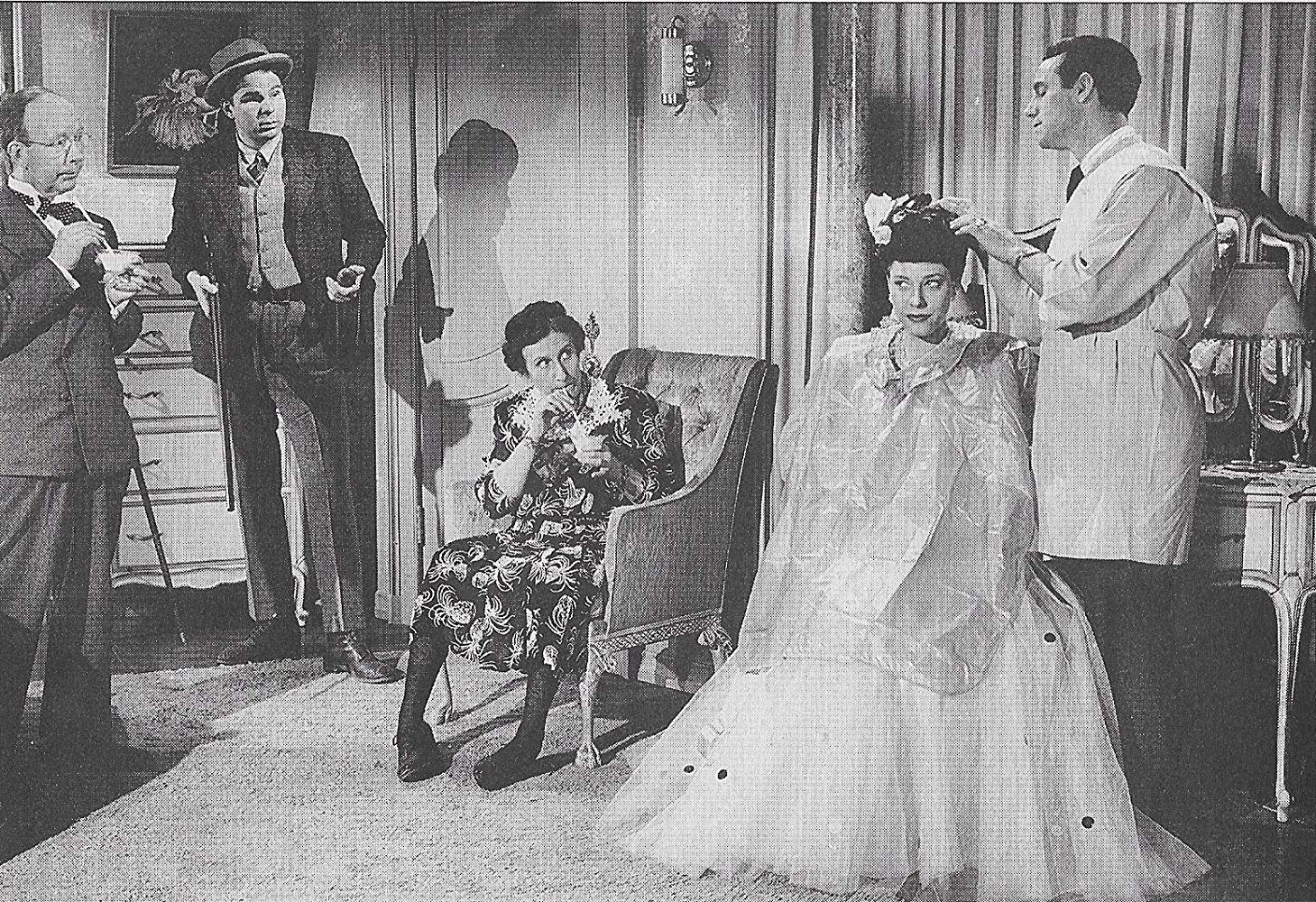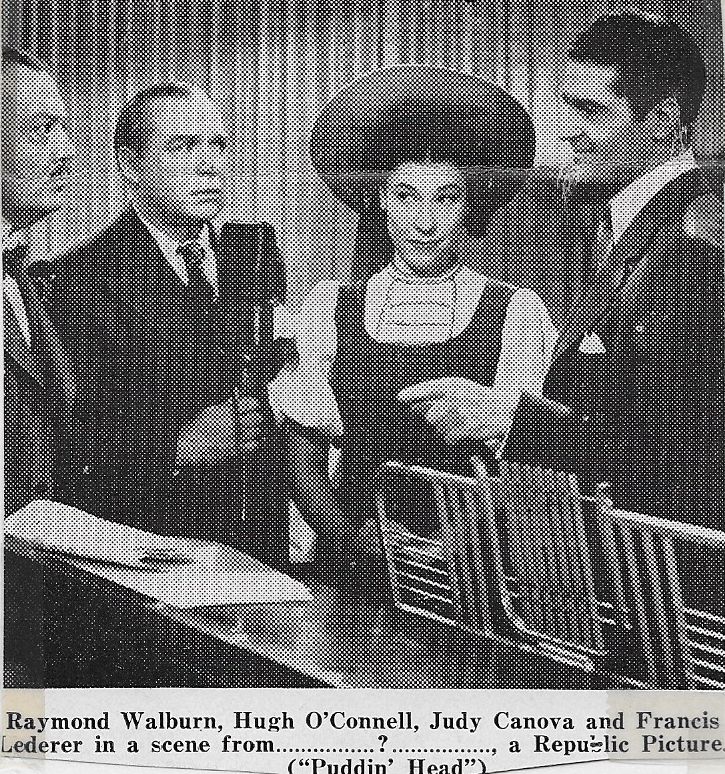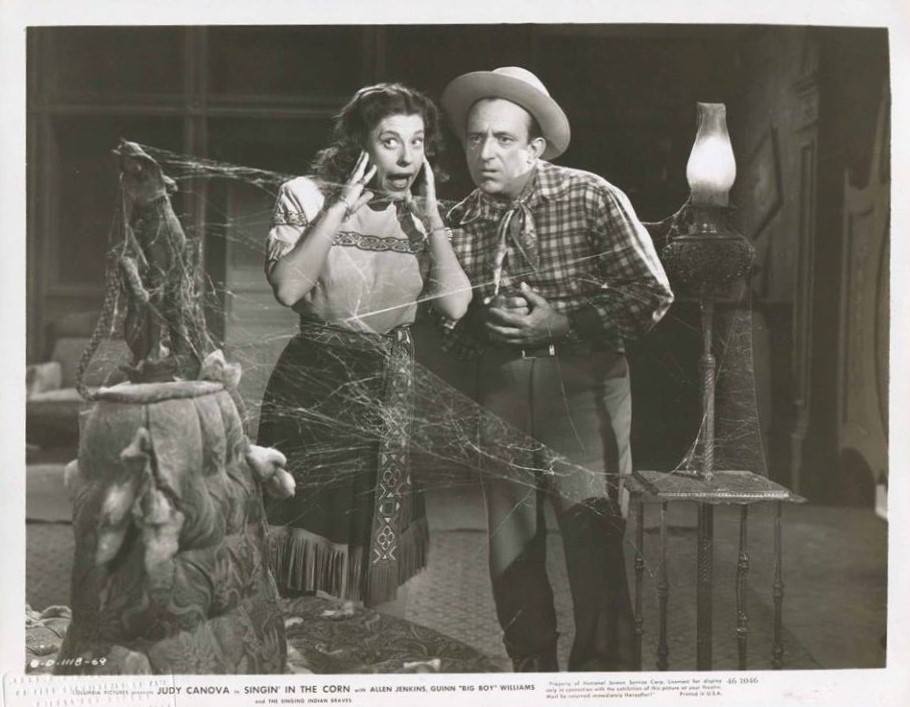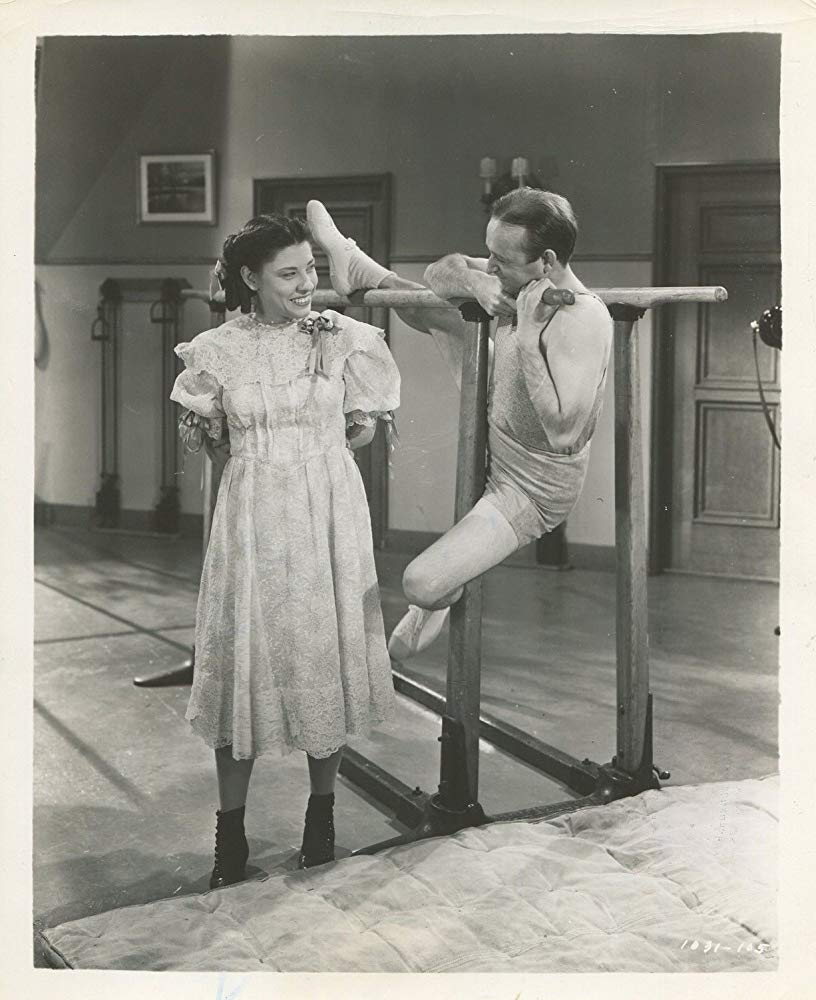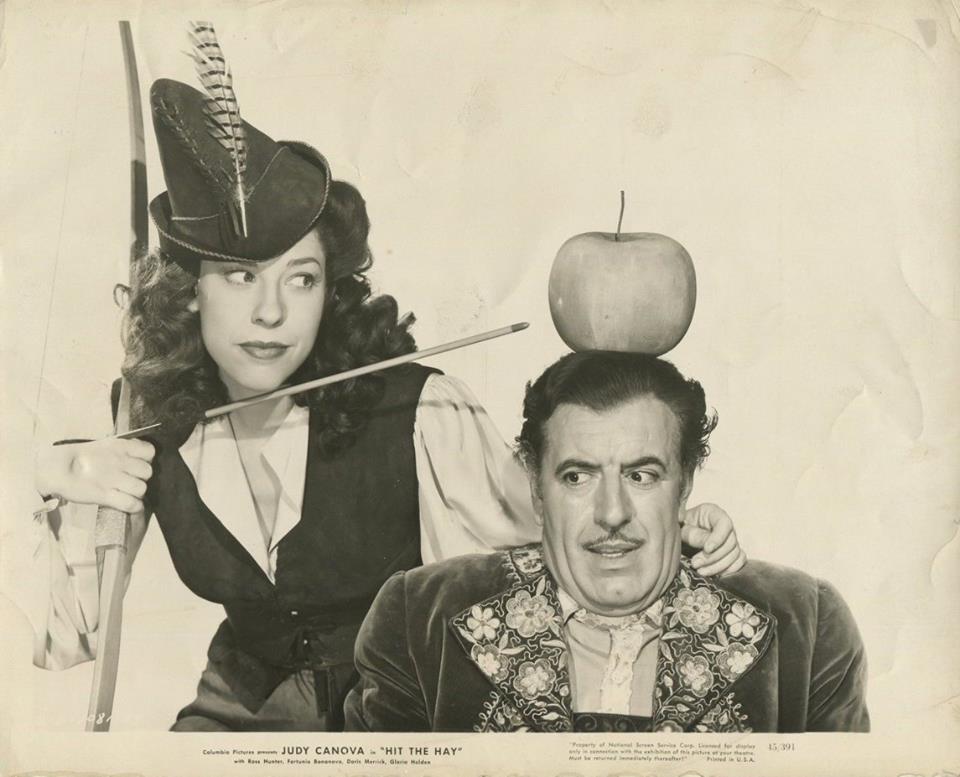Judy Canova
Birthday: November 20, 1913 in Starke, Florida, USA
Birth Name: Juliette Canova
Raucous singing and yodeling and loads of cornpone humor was pretty much the whole shebang when it came to singer/comedienne Judy Canova. Her outlandish image may be considered tacky and/or offensive ...Show More
Raucous singing and yodeling and loads of cornpone humor was pretty much the whole shebang when it came to singer/comedienne Judy Canova. Her outlandish image may be considered tacky and/or offensive by today's measure, but back in the 1930s and 1940s it really worked! By the time she left the limelight after five decades, Judy had scored in almost every major area of entertainment there was -- vaudeville, nightclubs, recording, Broadway, radio, film and TV.Born Juliette Canova to Joseph Francis, a cottonbroker, and Henrietta Perry Canova in Starke, Florida (near Jacksonville), her singing mother encouraged all her children to perform. Judy, the youngest of the Canova brood, eventually joined older siblings Anne and Zeke in a singing vaudeville and radio act. They billed themselves as the Three Georgia Crackers in and about Florida. As she got older, Judy hoped to attend the Cincinnati Conservatory of Music, but the Depression left her with no option but to try out the sibling act out in New York. The foursome (which now included brother Pete) found radio work and made their Broadway debut in the revue "Calling All Stars" in 1934. Judy herself became a solo singer on Rudy Vallee's radio show, then worked with bandleader Paul Whiteman on his series as a hayseed comedienne. Like another famous Judy from a family group (Judy Garland), Judy was the youngest in the act and an inveterate scene-stealer. She sang, she joked, she mugged, she yodeled, and even played guitar. On her own she was showcased in the Ziegfeld Follies of 1936 and went on to star in her own 1939 Broadway show, "Yokel Boy," with siblings Anne and Zeke supporting her.Capitalizing on her angular figure, rubbery face, almond-shaped eyes and tunnel-wide mouth, Judy made herself up to be purposely homely. Her persona was defined in part by her first husband, Bob Burns. Burns was a nationally-known cracker-barrel radio and film personality during the 1930s and 1940s and recognized by his own hillbilly origins as "The Arkansas Traveler" and "The Arkansas Philosopher." The couple were married in 1936 but the marriage lasted only three years. Judy quickly became a crowd favorite as your man-lovin', pigtail-braidin', straw hat-wearin' country bumpkin.An offer from Warner Bros. led to films. She and siblings Zeke, Anne and Pete first cavorted in a Ruth Etting musical short The Song of Fame (1934), then made their feature film debut courtesy of director Busby Berkeley clowning around with the song "The Lady in Red" in A Caliente (1935). Brother Pete quit the act at this point and Judy began appearing solo in other showy specialty or acting bits in movies. Promoted as a rowdy Ozark version of Martha Raye, Judy signed with the lesser studio, Republic Pictures, in 1940 for some starring vehicles. In the meantime she recorded for the RCA Victor label while putting out about a dozen Hollywood films.Scatterbrain, une tête folle (1940) was Judy's first leading film role and was backed by a hillbilly-goes-to-Hollywood storyline. An acquired taste to be sure, Judy's fans nevertheless loved her as the misfit title role in Sis Hopkins (1941) with her hick-amid-the-wealthy antics to carry it off. She and Slim Summerville teamed up to battle city slickers in Puddin' Head (1941) and Joe E. Brown was a fine, zany partner for her in both Judy, espionne improvisée (1942) and Chatterbox (1943). Some war-era fun was to be had by Judy, Jerry Colonna and Ann Miller in True to the Army (1942) and one of Judy's better showcases would come with Sleepytime Gal (1942), which was backed by a young Jule Styne score.In 1943, Judy began her own radio program, "The Judy Canova Show", which would run for 12 years - first on CBS and later on NBC. Playing pretty much herself, she was backed by a fine array of radio talent including vocal icon Mel Blanc, Ruby Dandridge (Dorothy's mother), Joseph Kearns (Mr. Wilson of TV's Dennis the Menace), Gale Gordon (Mr. Mooney of "The Lucy Show"), Sheldon Leonard and Hans Conried (both from "The Danny Thomas Show"). Dubbed "The Ozark Nightingale", Judy's pigtails-and-calico fad was huge on WWII-era college campuses across the country. A patriotic Judy would typically close her radio show with the song "Goodnight, Soldier" while selling U.S. War Bonds. She also made frequent appearances on other popular radio programs of the day, including Bud Abbott and Lou Costello and Fred Allen's shows.Although her films were mostly enjoyed by undemanding audiences, they were pretty much dismissed by the critics. As a result, she slowed down her film schedule in 1946 to focus on her radio show and raising her children (daughters Julieta Canova England (the latter nicknamed "Tweeny") and Diana Canova. After starring as herself in Carolina Cannonball (1955) and Lay That Rifle Down (1955), she completely abandoned the movies. Her radio program also ended in 1955. While Canova found some guest shots on such TV shows as "The Colgate Comedy Hour," "Make Room for Daddy" and "Alfred Hitchcock Presents", she decided to try and extend things by forming her own TV production Company, Caravan, Inc. in 1957.By this time, however, her bucolic buffoon had lost its strong fan base and her career dovetailed. She later suffered personal setbacks as well as ill health and her "comebacks" were brief and erratic in nature. She did portray Mammy Yokum in a TV pilot version of Li'l Abner (1967) which starred hunky Sammy Jackson and Jeannine Riley (from "Petticoat Junction" fame), in the leads but it didn't sell. Judy's occasional work included Las Vegas nightclubs in the early 1970s; she also did a tour of "No, No Nanette" in 1971.Married four times, daughter, Diana Canova, from her last marriage (1950-1964) to musician and radio/talk show host Filberto Rivero, became an actor in her own right and popular ensemble member of the popular sitcom Soap (1977). In 1983, Judy died from cancer at age 69 and was buried in Forest Lawn Memorial Park Cemetery in Glendale, California. The beloved Judy has been honored with two stars on the Hollywood Walk of Fame for her contributions to both film and radio. Hide

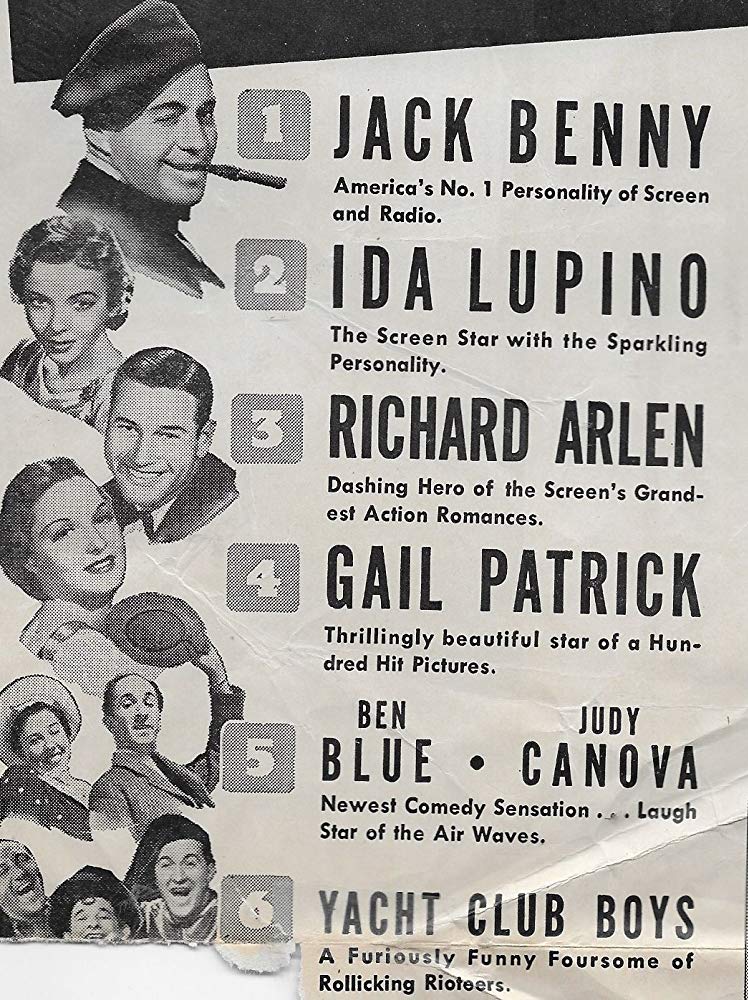
 Judy Canova'S roles
Judy Canova'S roles















